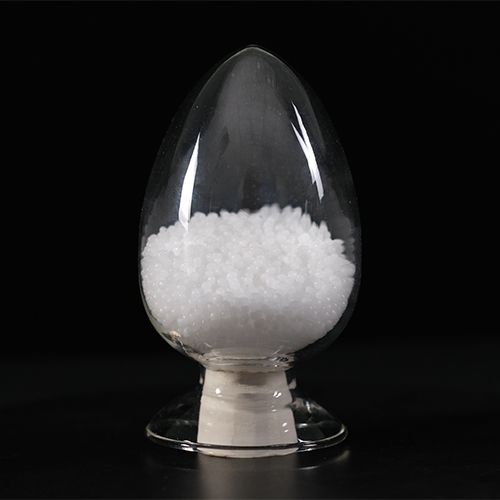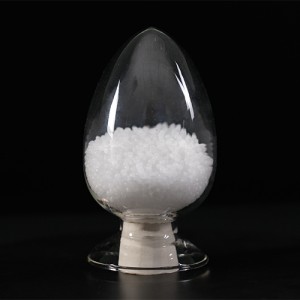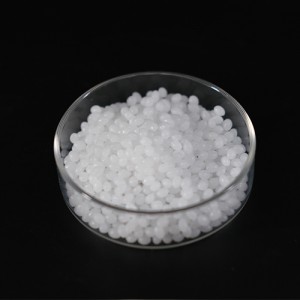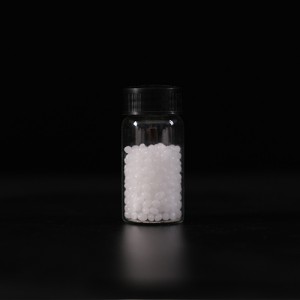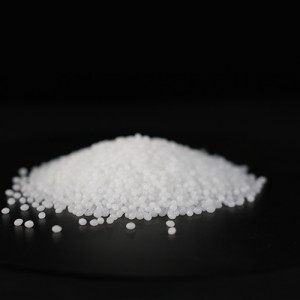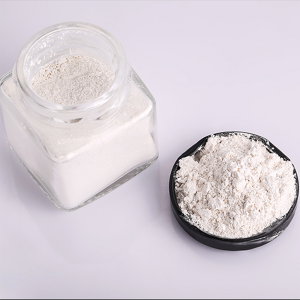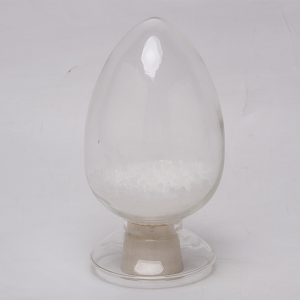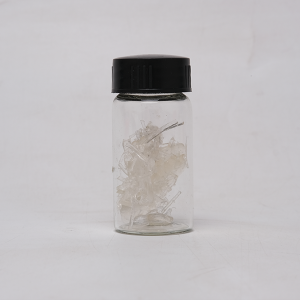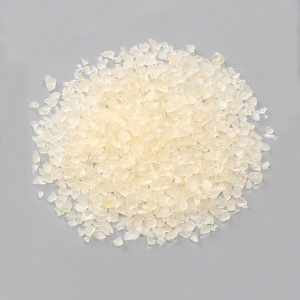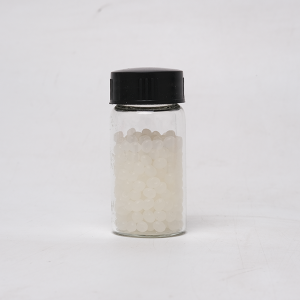PCL (Medical Grade)
PCL has excellent biocompatibility, memory, biodegradability, etc. It is widely used in various fields. Polycaprolactone, soft, good processability, and excellent performance, can be used in tissue engineering. Polycaprolactone has high crystallinity and slow degradation.
Its degradation in vivo can be divided into two stages: the first stage shows that the molecular weight decreases continuously without deformation and weight loss; The second stage refers to that after the molecular weight decreases to a certain value, the material begins to lose weight and is gradually absorbed and excreted by the body.
Application:
Surgical suture, orthopedic splint, radiotherapy plate, resin bandage, dental impression, etc.
Product indicators:
Chemical formula: (C6H10O2) n
Viscosity average molecular weight: 1-1000000;
Intrinsic viscosity: 0.1-2.0dL/g;
Product appearance: White or light brown solid
| Test Items | Detection Method | Testing requirements |
| Appearance | Visual Inspection | White or light brown solid |
| Melting Point | DSC | 58-64вДГ |
| Intrinsic Viscosity | Ubbelohde Viscometer Method | 0.1-2.0dl/g |
| Molecular Weight Distribution | GPC | вЙ§2.0 |
| Water Content | Karl Fischer moisture Analyzer | вЙ§0.5% |
| Ash Content | Gb/T9345.1-2008 | вЙ§0.5% |
| Monomer Residue | GC | вЙ§2% |
| Solvent Residue | HS-GC-MS | вЙ§1000ppm |
| Tin Residue | AAS | вЙ§150ppm |
| Heavy MetalsпЉИpbпЉЙ | Heavy Metal Inspection Method | вЙ§10ppm |
| Glass Transition Temperature | Density | Heavy metal Total content (Pb) | Catalyst residue | Monomer residue | Solvent residue |
| -60вДГ | 1.021 g/cm¬≥ | вЙ§10ppm | вЙ§150ppm | вЙ§2% | 0.1% |


